
XTBG Environmental Education Team's Study Tour in Hubei Province
From April 11-18, 2024, the environmental education team of Xishuangbanna Tropical Botanical Garden (XTBG) conducted a study tour in Hubei province focusing on “New Ideas, New Paradigms, and New Methods in Conservation Education and Science Education." Led by Professor Chen Jin, Chief Scientist of the Environmental Education Center (EEC) at XTBG, the team comprised of 14 staff members and graduate students. During the trip, the team visited two botanical gardens to discuss the current status and future trends of environmental education. They also explored potential collaborations in formal and informal education by visiting primary schools and kindergartens. Furthermore, visits to protected areas and biodiversity conservation institutions provided insights into frontline conservation efforts, with a focus on integrating education and conservation practices. Throughout the tour, team members delivered 7 academic presentations and organized 6 discussion meetings, creating a conducive environment for discussions, reflections, and knowledge exchange.
On April 12, the team visited the Wuhan Botanical Garden (WBG), Chinese Academy of Sciences, where they visited the Aquatic Plant Greenhouse, Children's Natural Growth Center, Insect Museum, Central Flower Mirror Avenue, and Medicinal plant Garden. A discussion was held on-site regarding the newly constructed natural growth center tailored for young children. In the afternoon, academic presentations took place with colleagues from the Science Popularization and Education Center at WBG. Mei Lin and Cheng Jiabao from WBG, delivered presentations titled "Exploring New Pathways for Science Popularization Development and Establishing an Integrated Platform for Science, Education, and Tourism Development " and "Practice and Reflections on the Integrated Construction of Wuhan Botanical Garden's Research Platform," respectively. Team members Zhao Jinli, Yang Zhen, Meng Yichuan, and Kong Chuwei presented talks on various topics, including "Preliminary Development Ideas for Educational Tourism from the Perspective of Coordination Theory," "Reflections on Scientific Communication in Research Institutions," "Leveraging Enthusiast Communities: The Triple Role of Knowledge and Social Connections in Naturalist Training Camp Courses," and "Advancements of the Natural Observation Platform in School Campus." The participants engaged in lively discussions on both theoretical and practical aspects of environmental education within botanical gardens. Wuhan Botanical Garden's Deputy Director Liu Hongtao and team leader Prof. Chen Jin provided summaries of the meeting and outlined future development prospects.
On April 13, the team visited the School of Life Sciences at Central China Normal University. Prof. Chen Jin was invited to deliver a lecture titled "Interaction and Co-evolution of Animals and Plants" at the 218th Boya Lecture series of the University. Following the lecture, discussions and a Q&A session were held with the audience. Dr. Yue Zhihui presented a talk titled "The Impact of Nature Education on Children's Nature Connectedness and Conservation Behavior." In the afternoon, some team members visited the Museum of the University. Some other members participated in an academic meeting with college researchers on ex-situ plant conservation technology.
Their visit on April 14 included a stop to meet with Pang Jing, an Associate Professor at Hubei University and a former participant in the "Advanced Training Course on Environmental Education Research and Practice" held by XTBG in 2018. She showcased her collaborative environmental education program entitled “Dream Farm” which were located in school campus. The team further visited Qingshan Experimental Science and Technology Kindergarten and Honggangcheng Primary School. During their visit, they engaged in enlightening discussions with educators from various schools, including No. 14 Middle School Lizhi Middle School, Poyang Street Primary School, Foreign Languages Primary School, Honggangcheng Primary School, Zidu Kindergarten, Xinqiao Kindergarten, and Qingshan Experimental Science and Technology Kindergarten. These discussions fostered valuable insights and knowledge sharing among participants.
On April 15, the team visited the research group of Prof. Zhou Youbin at China Three Gorges University. Professors Chen Jin and Zhang Ling were invited to deliver presentations titled “Co-Evolution of Animals and Plants" and "Research Progresses on Parasitic-Host Plant Interaction of Mistletoes in Xishuangbanna" at the university's library lecture hall. Additionally, the team explored Professor Zhou’s experimental base and office, engaging in discussions with students from his research group. The group's four postdocs provided insights into their specialized fields and research teams, which encompass both macroscopic animal and plant interaction networks as well as microscopic molecular and cellular research.
In the afternoon of April 15, the team visited the Yichang Chinese Sturgeon Provincial Protected Area in the Yangtze River (Hubei, China). This visit was facilitated by Deputy Director He Qingquan, and Wu Yupu, Deputy Director of the Management Office of the Chinese Sturgeon Nature Reserve. Accompanied by Dr. Cai Zhiquan, responsible for science education and project management at the Chinese Sturgeon Reserve, the team received a comprehensive explanation at the museum to understand the current status and conservation efforts for threatened and protected fish in the Yangtze River Basin. Later, during the discussion, Director Wu elaborated on the reserve's development history and future plan. Prof. Chen Jin offered suggestions for the reserve, drawing on methods from botanical gardens' ex-situ conservation and endangered species protection practices.
On the morning of April 16, the team visited the Three Gorges Botanical Garden. Yang Weimin, a member of the Party Leadership Group and Deputy Director of Yichang Forestry and Garden Bureau, accompanied the visit. The team visited the Peony Garden, Rose Garden, Fruit Tree Demonstration Area, and Rare and Endangered Plant Area. A discussion was also held with relevant personnel from the Three Gorges Botanical Garden. During the discussion, Prof. Chen Jin commended the botanical garden's efforts in conserving rare and endangered plants and economic use of native tree species. Furthermore, he expressed his belief in the garden's unique advantages in climate, geography, and management, highlighting its significant development potential.
On the afternoon of April 16, the team visited the National Field Scientific Observation and Research Station of Hubei Shennongjia Forest Ecosystem. Associate Prof. Ge Jielin and Senior Engineer Zhao Changming, along with Dr. Xu Kai and other staff from the station, accompanied the tour. The team explored various facilities within the station area, including the rare and endangered plant collection, soil sample library, herbarium, plant sample library, laboratory, and Shennongjia Forest Vertical Band Spectrum Research Platform. This visit provided insights into the station's basic operations and management, emphasizing the crucial role of the station in long-term ecological monitoring, biodiversity conservation in the Three Gorges Reservoir area and Shennongjia area.
On the evening of April 16, the team held internal learning sessions and discussions. Reports were presented by Wang Minghui, Xu Yaxuan, Liu Ruizhuo, Wang Mengyu, Wang Yixin, and Ni Qinghan, who shared their insights and discussed their designs and perspectives on environmental education courses.
On the morning of April 17, the team explored Shennongjia National Park, visiting sites including the Dalongtan Golden Snob-nosed Monkey Field Conservation Research Base, the Shennongding Mountain Vegetation Vertical Band Spectrum, the Golden Snob-nosed Monkey Ridge Monitoring Sample Plot, and the Shennongjia Nature Museum. They immersed themselves in the rich and distinctive biodiversity and geological landscapes of Shennongjia. In the afternoon, the team engaged in a meeting with colleagues from Shennongjia National Park who involved in scientific research and tourism management. The session was presided over by Hu Yu, deputy director of Shennongjia National Park, with relevant representatives from the Forestry Area Science and Technology Bureau, Shenlv Group, and Shenyou Travel Agency in attendance. During the meeting, Professor Chen Jin shared the accomplishments and experiences of XTBG's science popularization and education in recent years. He also offered insights and practical advices on the direction and methodology of natural educational tourism in Shennongjia, emphasizing considerations such as educational focus, target audience, and methodologies.
On the evening of April 17, the team convened a wrap-up session. Prof. Chen Jin prompted each member to reflect on their most significant take-away from the study tour, what left the strongest impression, and if they had any regrets. Following these reflections, the study tour was summarized. On April 18, during the return journey, the team visited and explored the Three Gorges Dam, marking the successful conclusion of the Hubei study tour.
During the 8-day study tour in Hubei, the team broadened their perspectives through experiential learning, gaining insights into the current environmental education practices across various institutions. The mobile and intensive nature of the tour facilitated diverse communication and debate styles, such as report meetings, discussions, brainstorming sessions, and informal conversations. Additionally, the tour improved team members' public speaking, physical endurance, and interpersonal skills through a variety of learning and reflection activities. By bridging the gap between research and practice teams, barriers in ecology, education, and conservation were dismantled, paving the way for collaborative efforts to establish impactful educational practices and advance environmental education research.
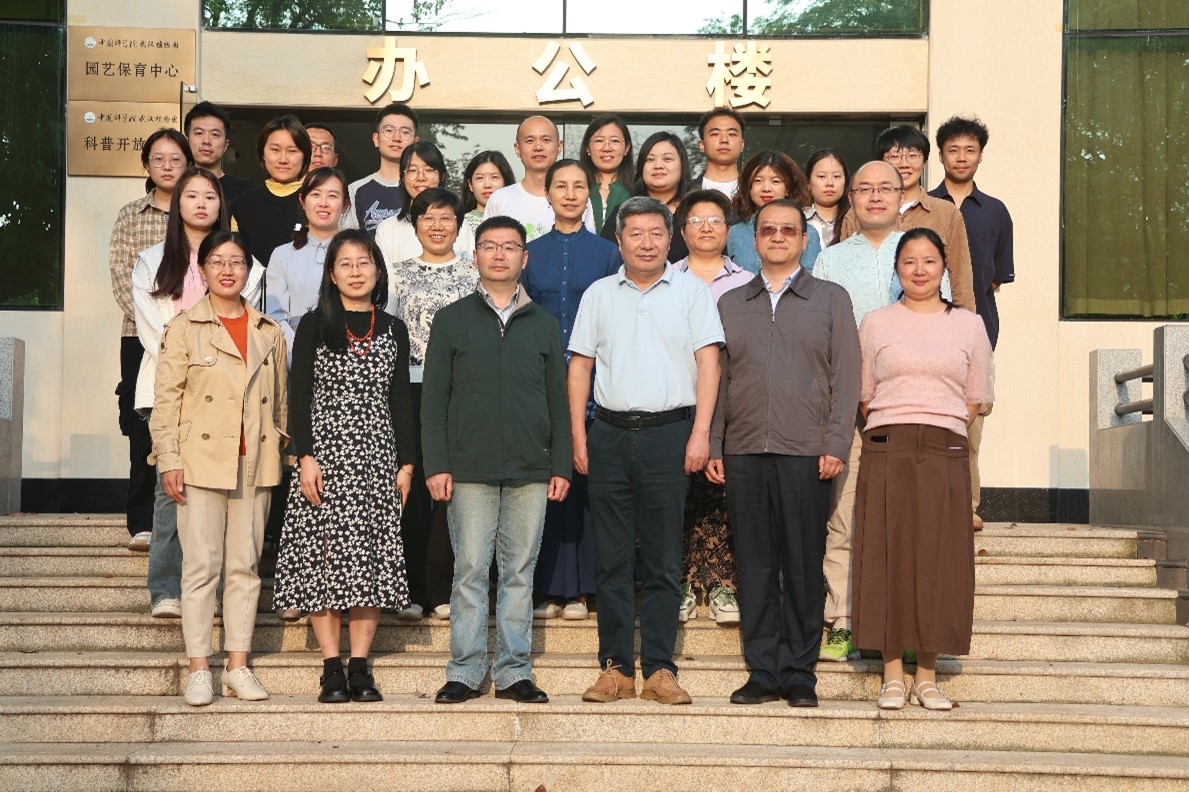
Figure 1 Communication with the team at the Wuhan Botanical Garden Science Popularization Center
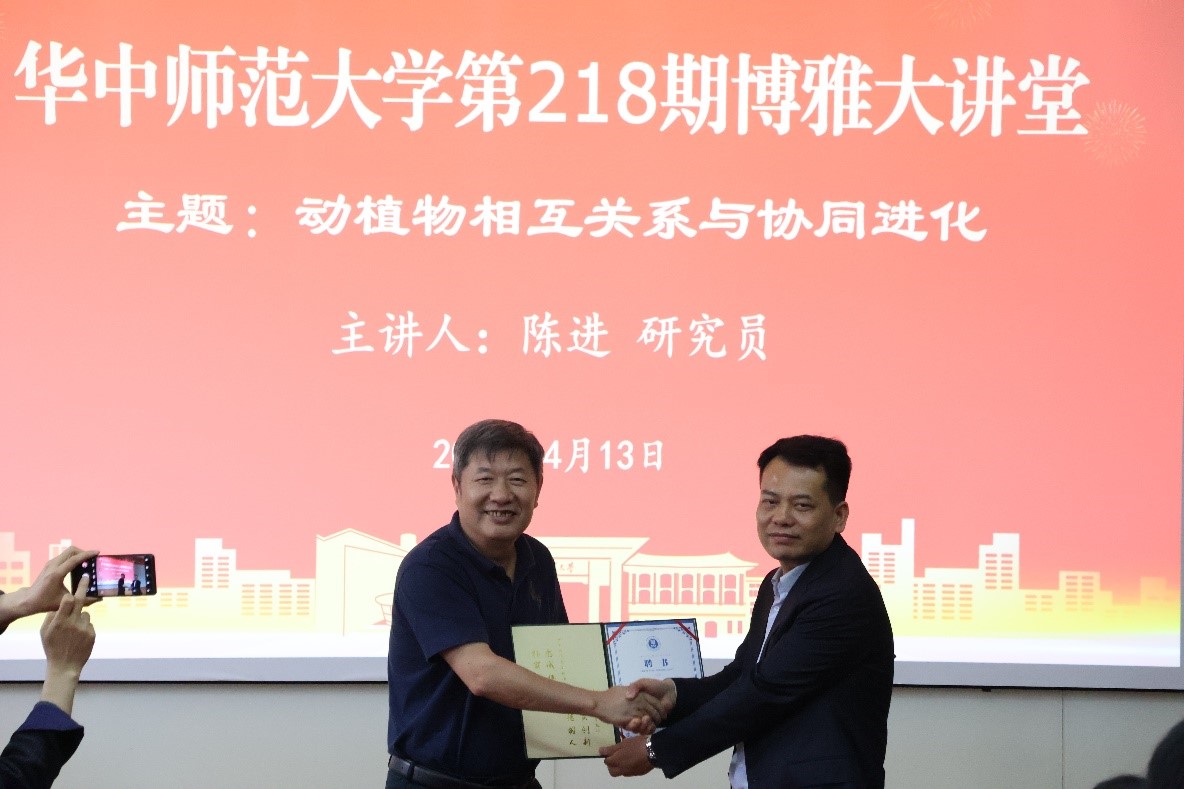
Figure 2 Prof. Chen Jin was invited as a guest professor at the Boya Lecture Series of Central China Normal University
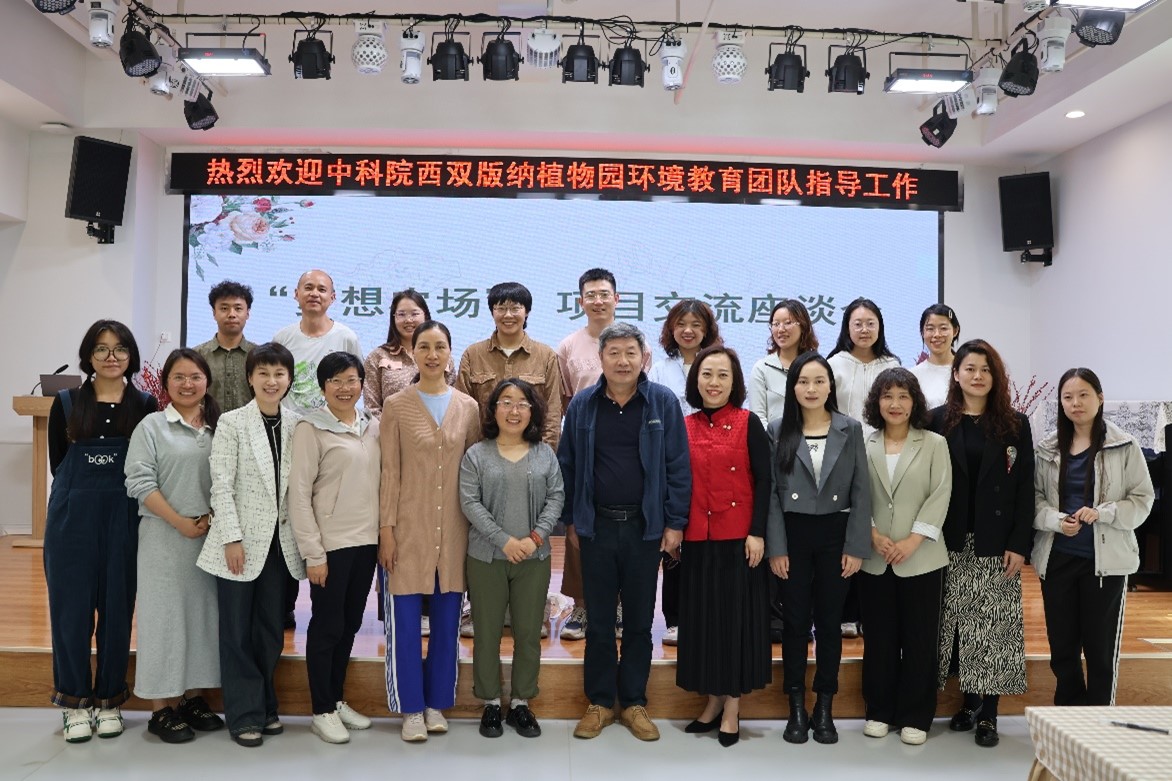
Figure 3 Group photo with teacher representatives participating in the Dream Farm, led by Associate Professor Pang Jing (6th from the left in the front row)
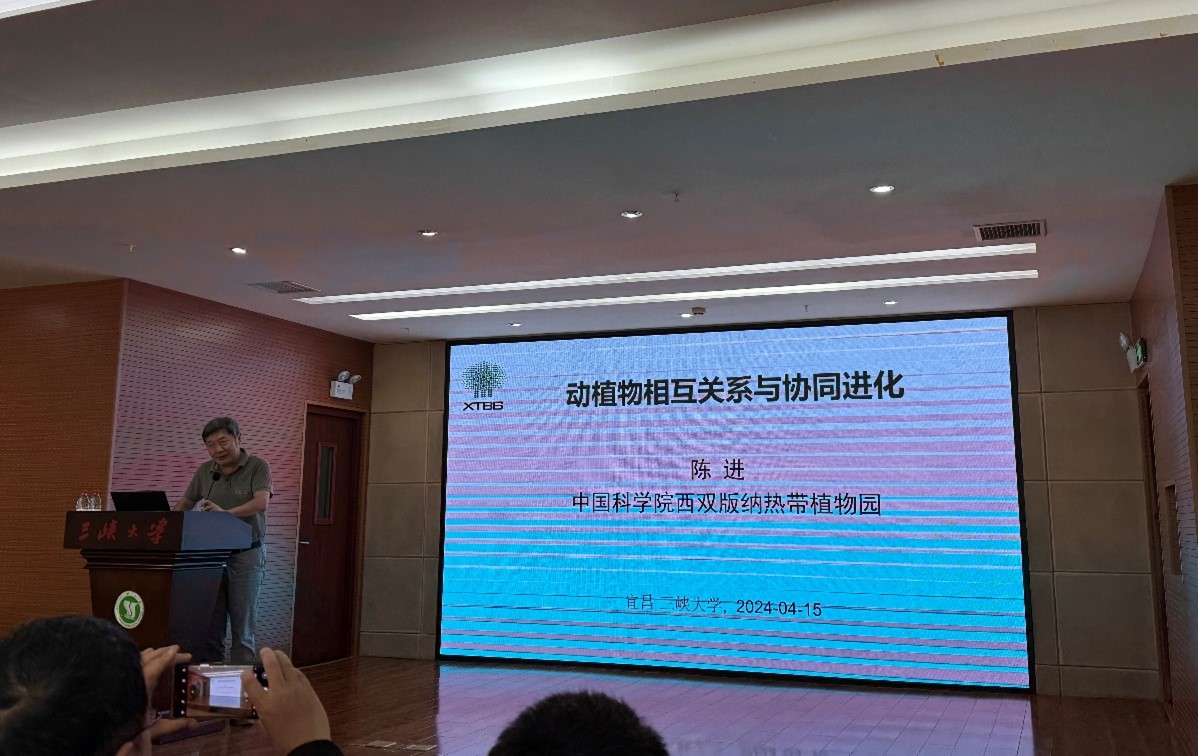
Figure 4 Professor Chen Jin give a talk at China Three Gorges University
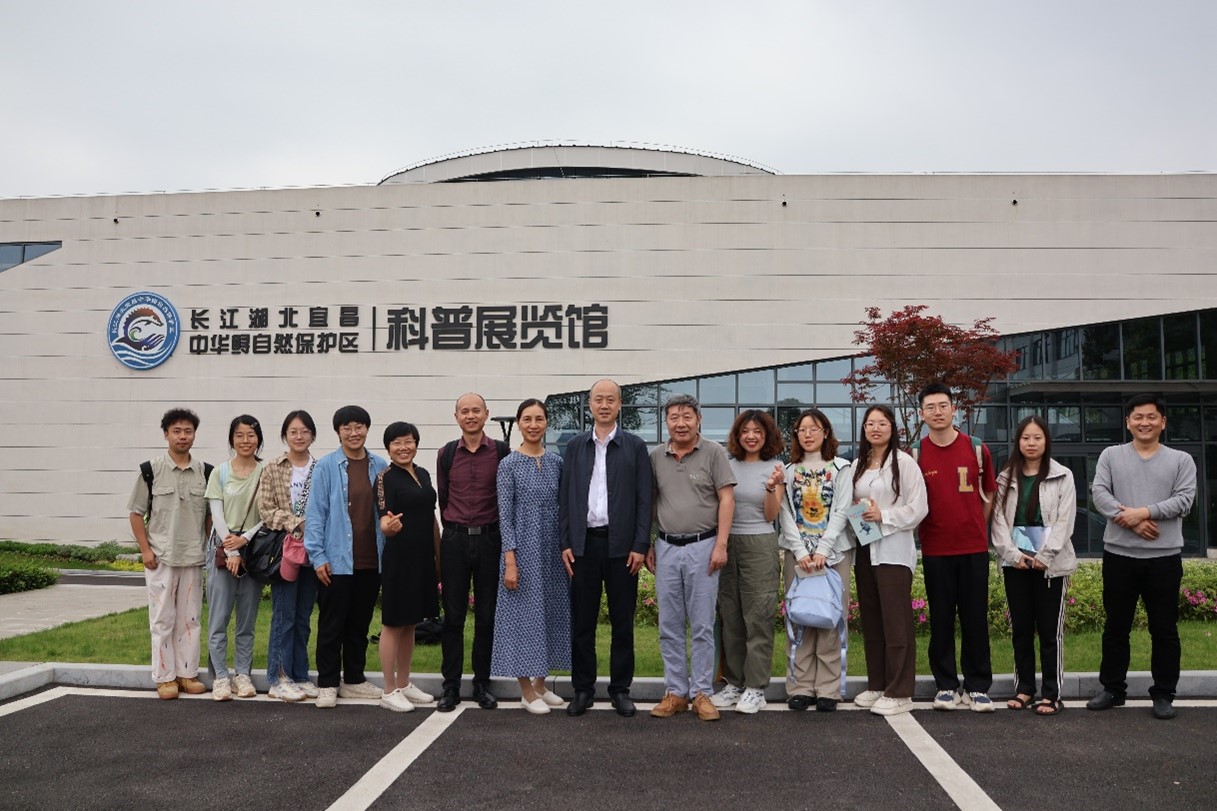
Figure 5 Communicating with the Sturgeon Nature Reserve team
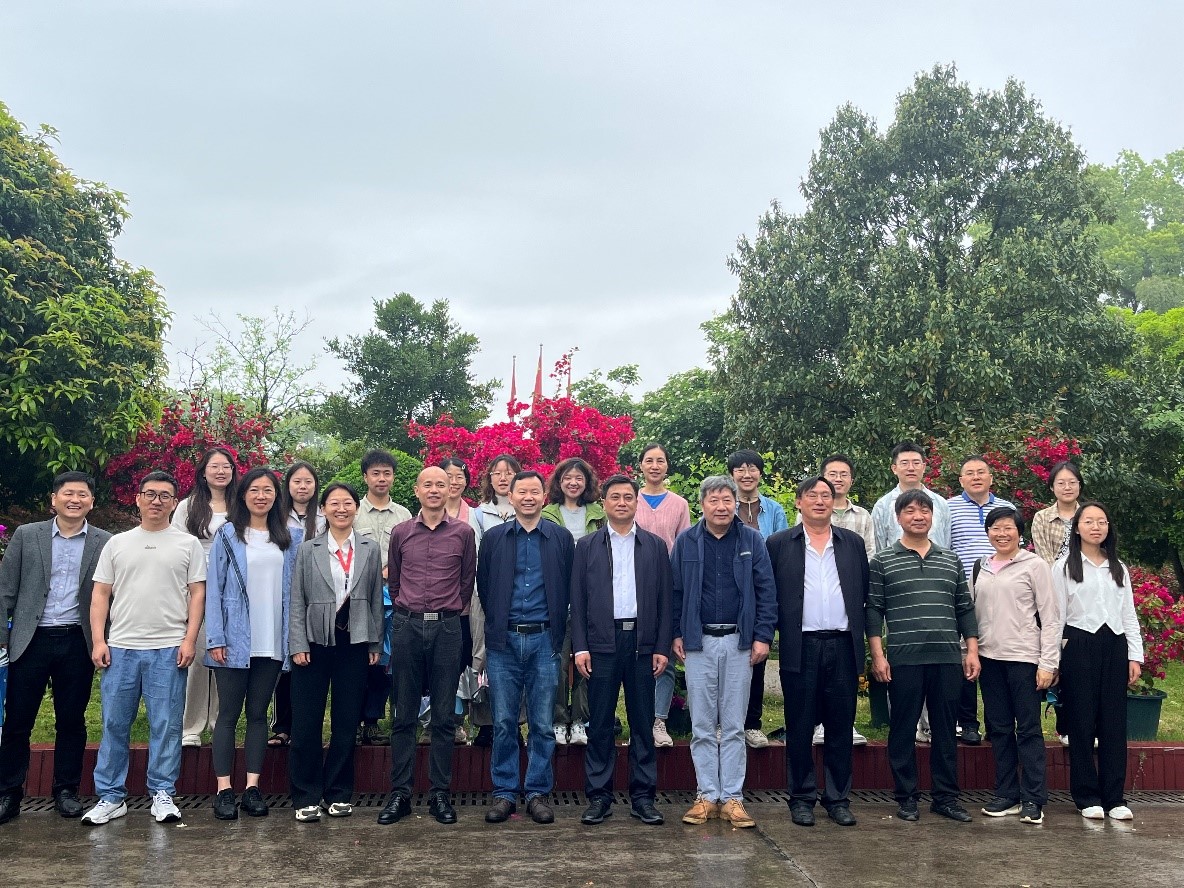
Figure 6 Communication and visit at the Three Gorges Botanical Garden
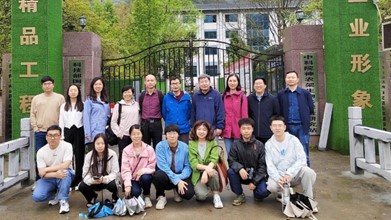
Figure 7 Communication with the team of the National Field Scientific Observation and Research Station of Hubei Shennongjia Forest Ecosystem
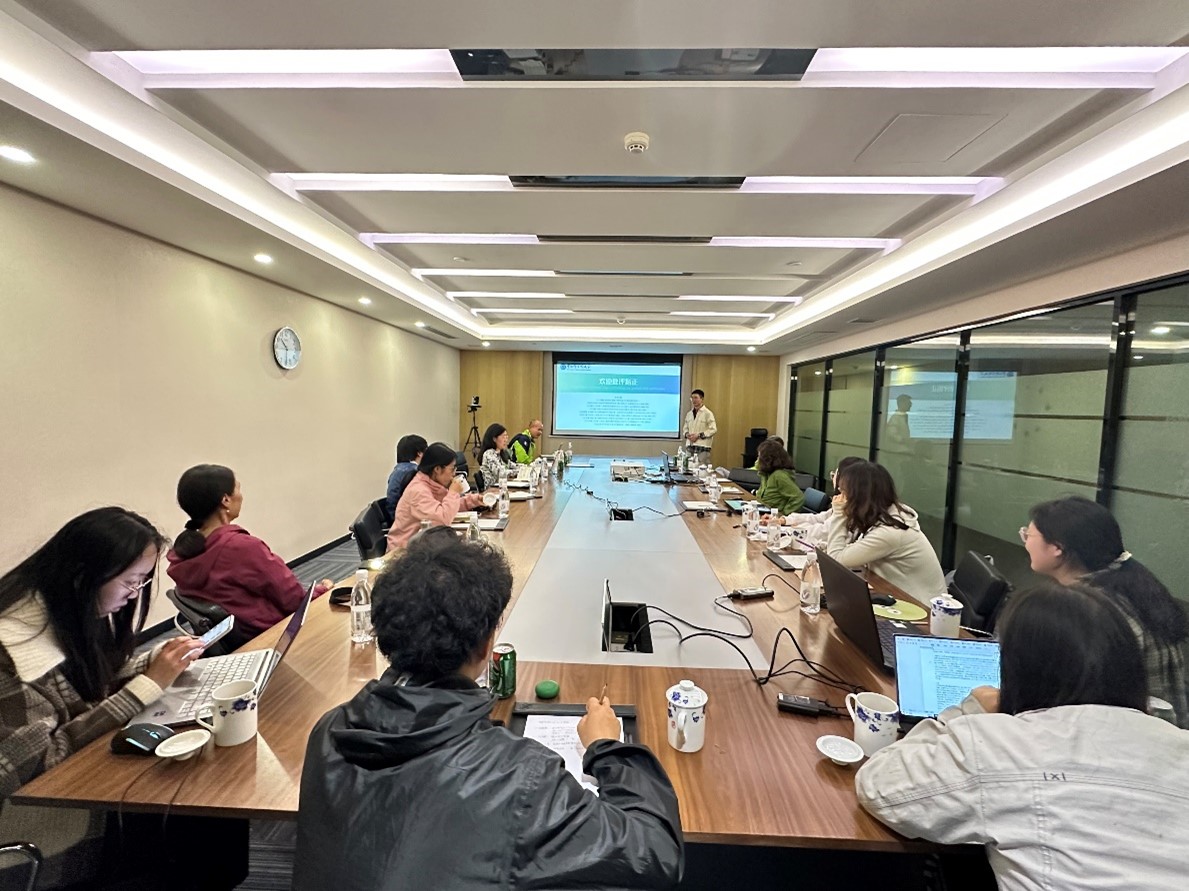
Figure 8 Internal learning sessions and discussions
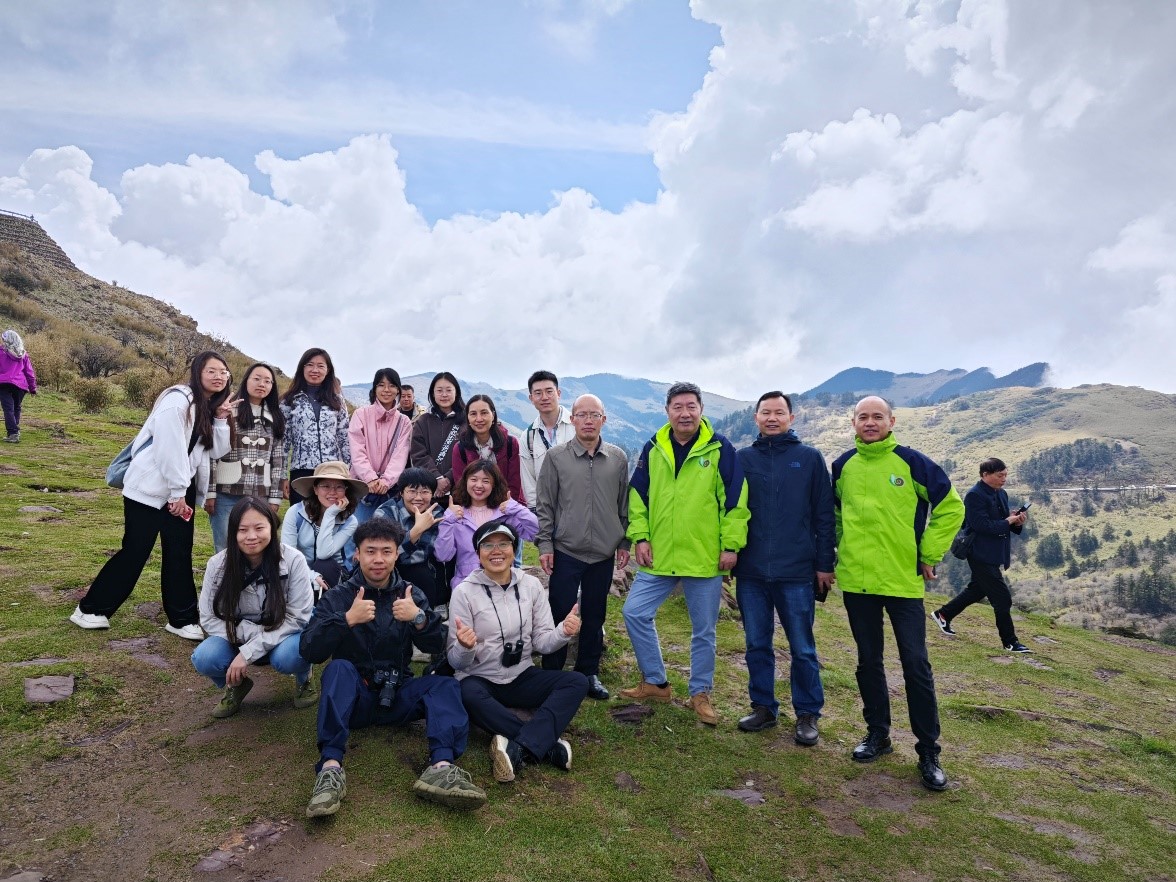
Figure 9 The team visited Shennongjia National Park
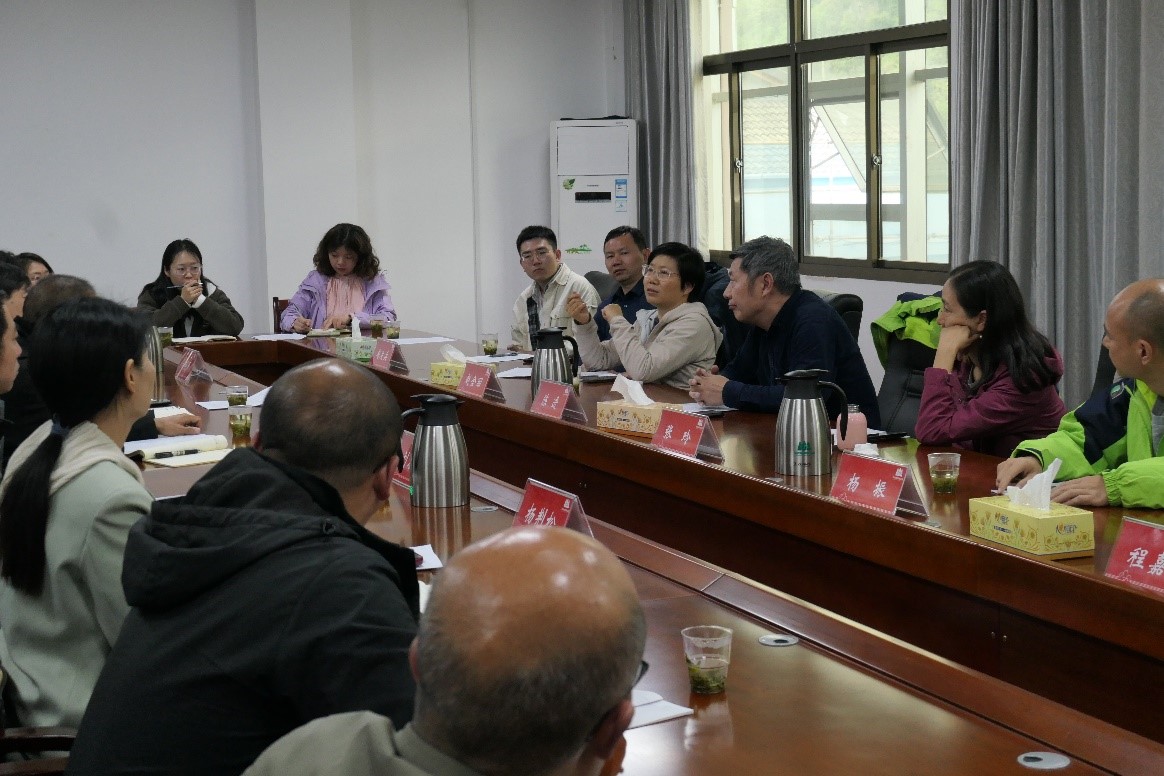
Figure 10 Discussion with the Shennongjia National Park team
Copyright 2002-2022 中国科学院西双版纳热带植物园【滇ICP备13004273号-1】




